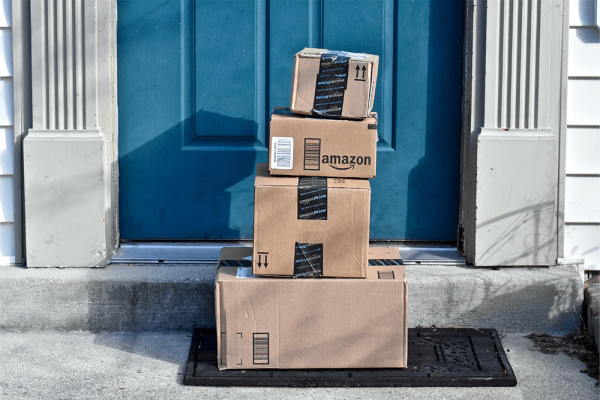Mar 2, 2023
For the past month, I struggled to decide what to “fast” from. Quiet contemplation bore rich insights for Christian monastics, so I turned to silence and tried to listen to God. But no sooner did I seek out a moment of quiet, than I heard the unmistakable ping of my inbox coaxing me to “Act now!” “Check out these deals!” “Hurry!” and “Buy, buy, buy, buy!” Regardless of the brand, these retail messages are constant, pervasive, and often persuasive.
Read the Full Article

Already a subscriber? Login
